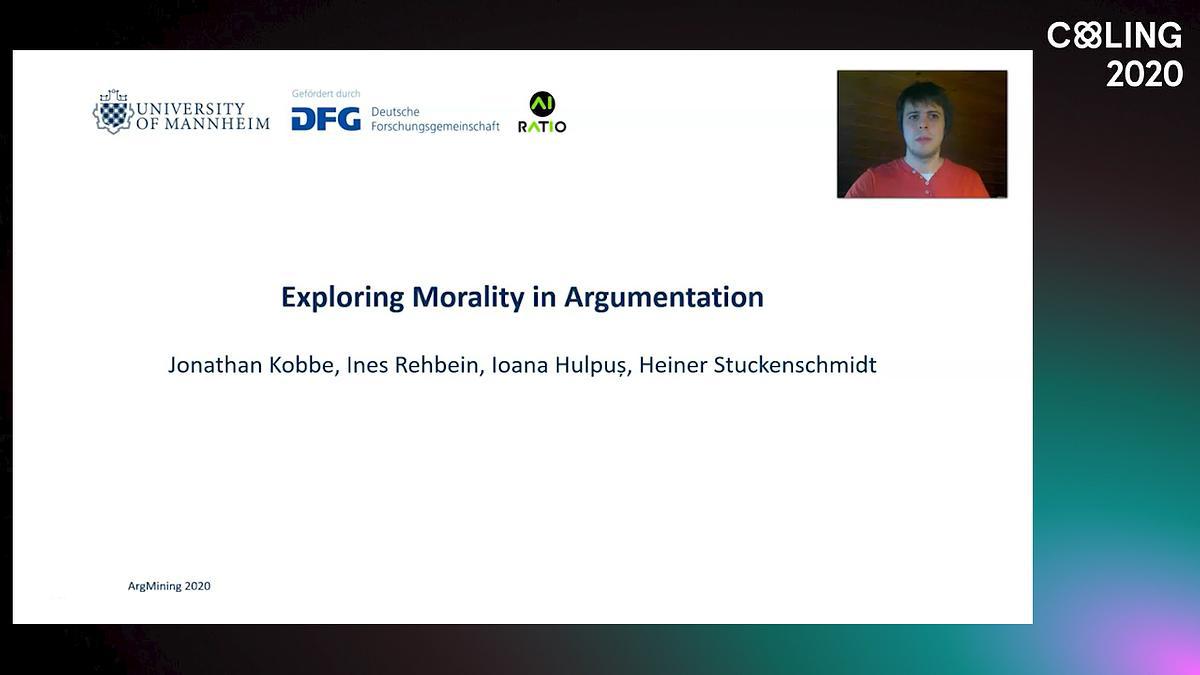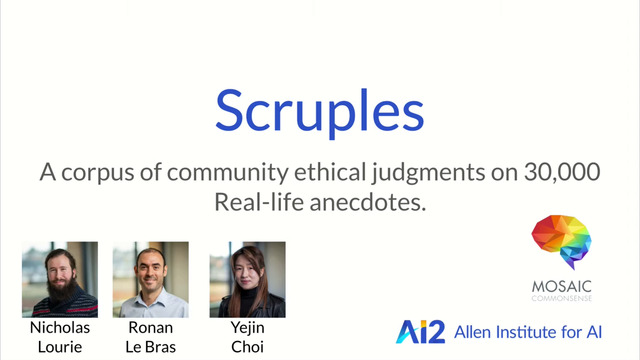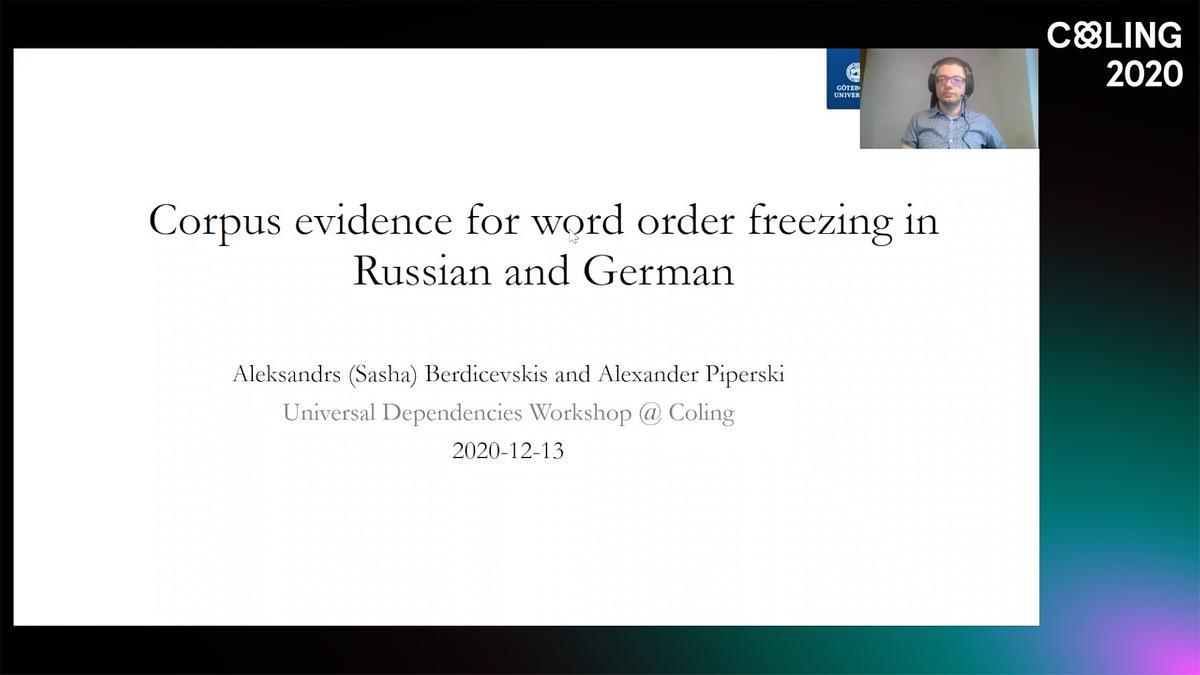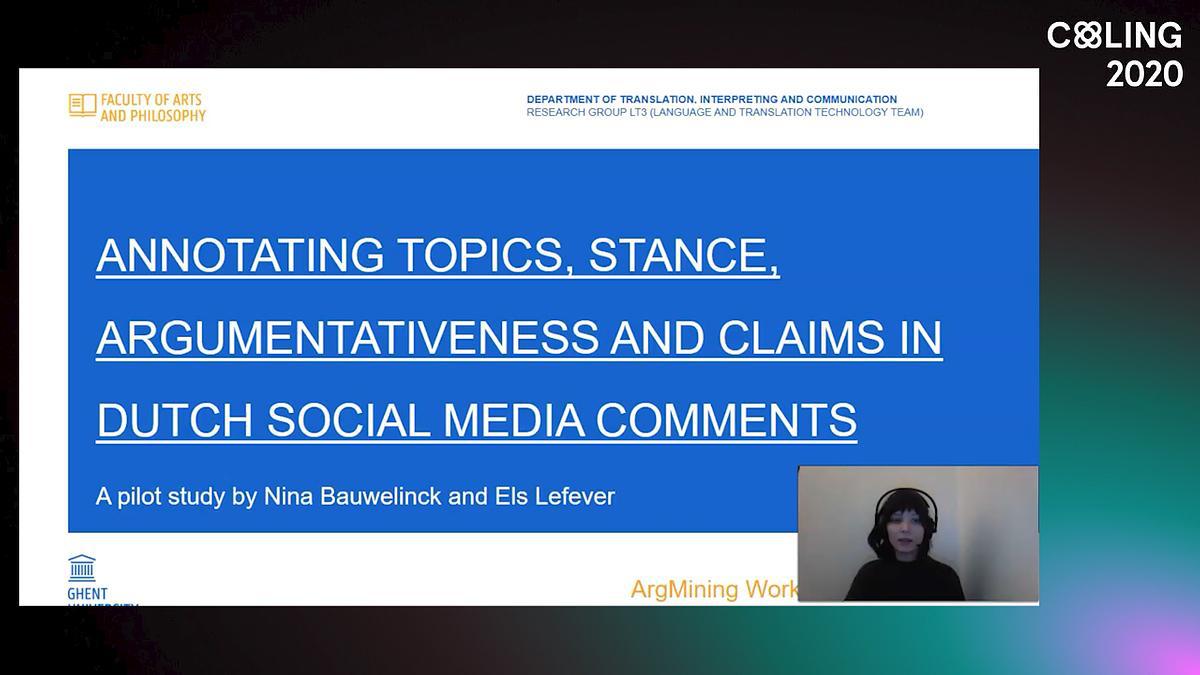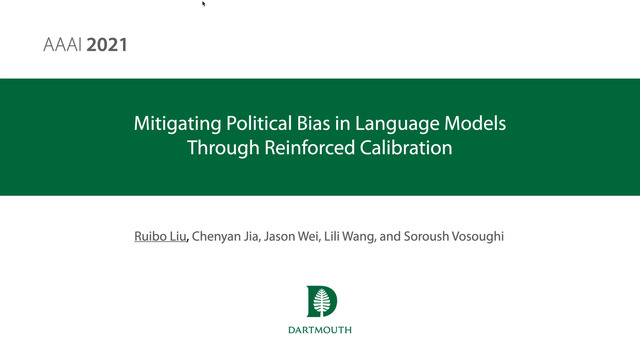Abstract:
In this paper, we study the moral framing of political content on Twitter. Specifically, we examine differences in moral framing in two datasets: (i) tweets from US-based politicians annotated with political affiliation and (ii) COVID-19 related tweets in German from followers of the leaders of the five major Austrian political parties. Our research is based on recent work that introduces an unsupervised approach to extract framing bias and intensity in news using a dictionary of moral virtues and vices. In this paper, we use a more extensive dictionary and adapt it to German-language tweets. Overall, in both datasets, we observe a moral framing that is congruent with the public perception of the political parties. In the US dataset, democrats have a tendency to frame tweets in terms of care, while loyalty is a characteristic frame for republicans. In the Austrian dataset, we find that the followers of the governing conservative party emphasize care, which is a key message and moral frame in the party's COVID-19 campaign slogan. Our work complements existing studies on moral framing in social media. Also, our empirical findings provide novel insights into moral-based framing on COVID-19 in Austria.


